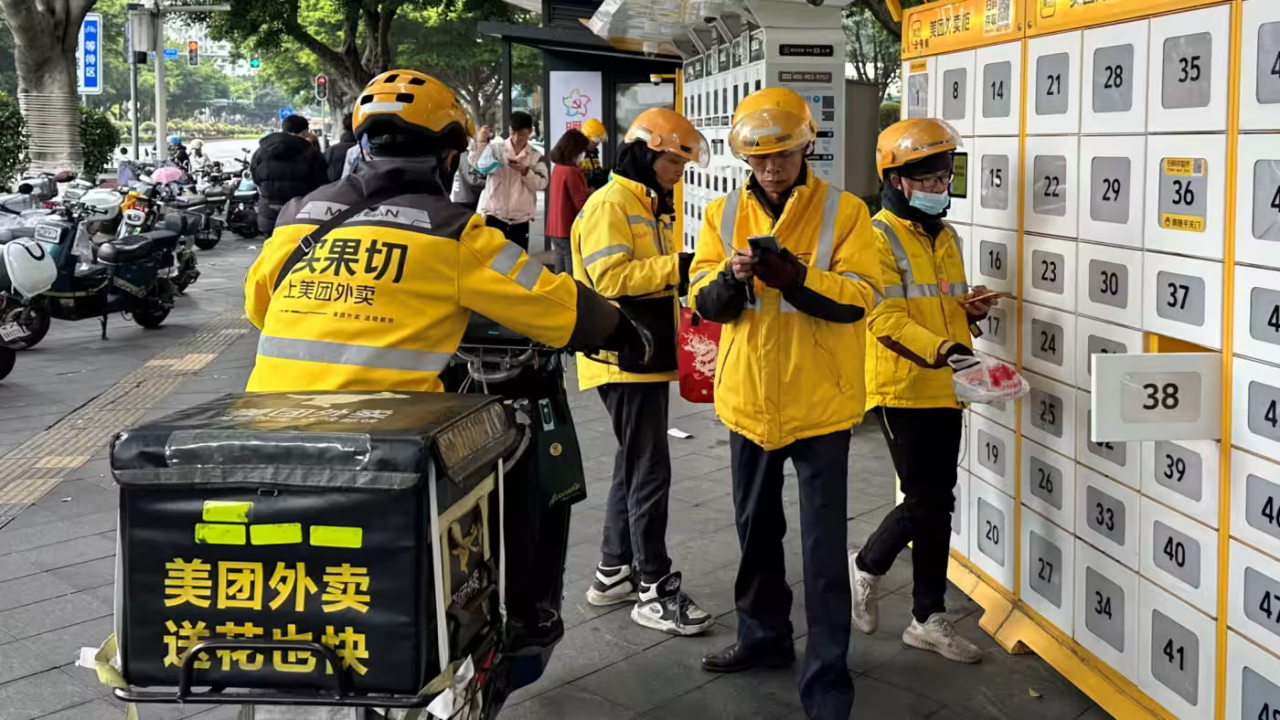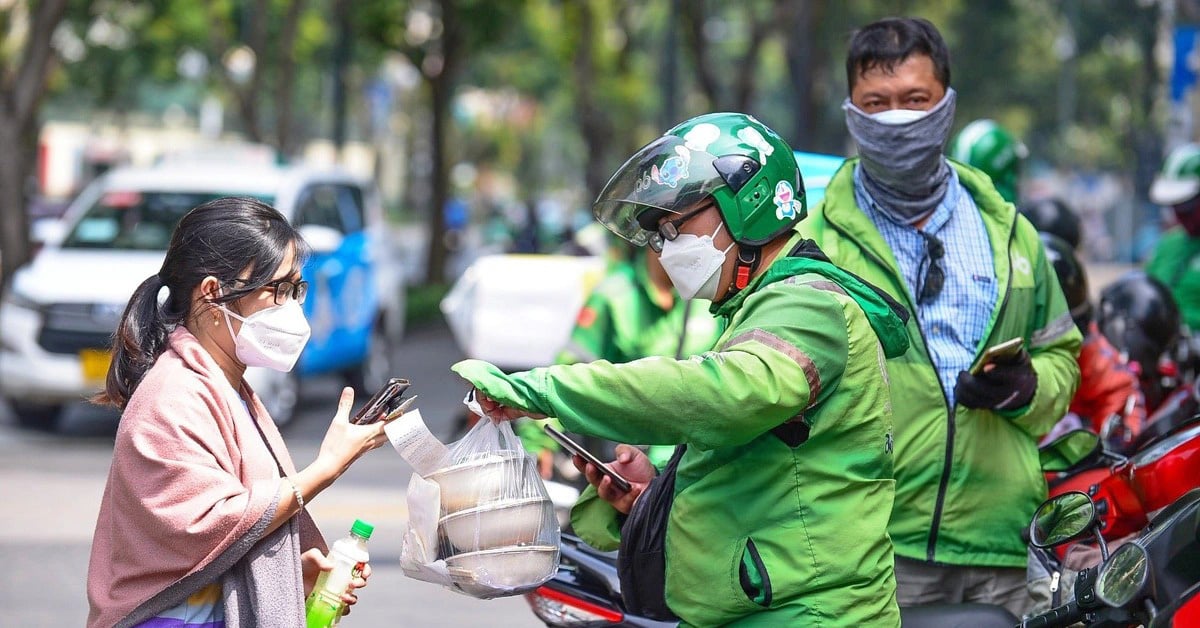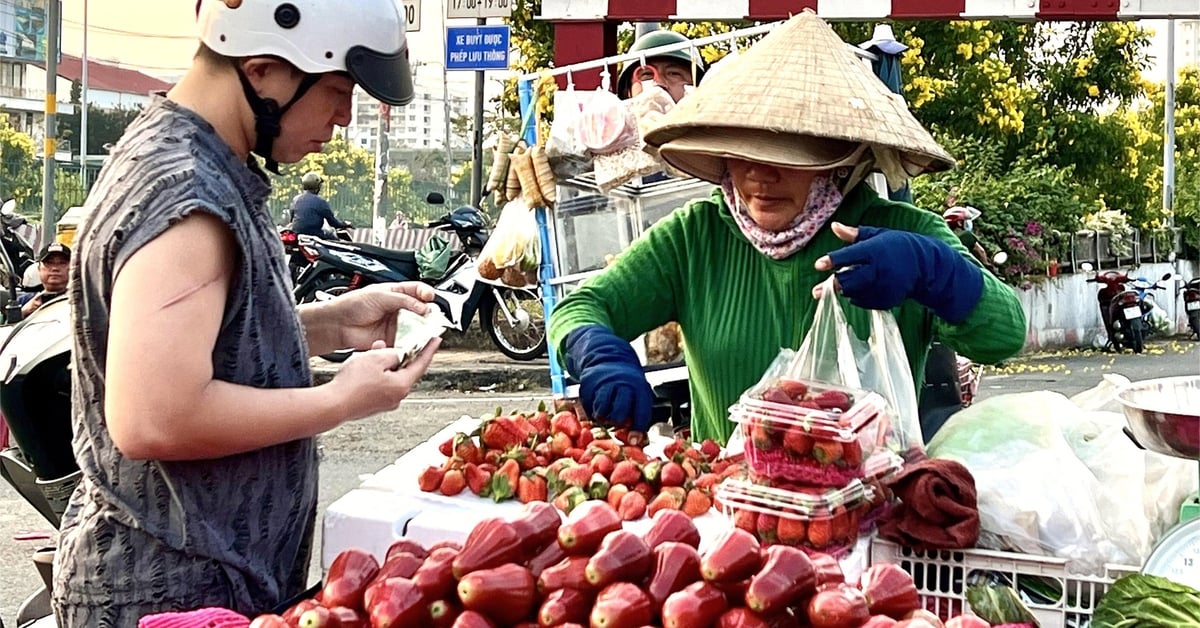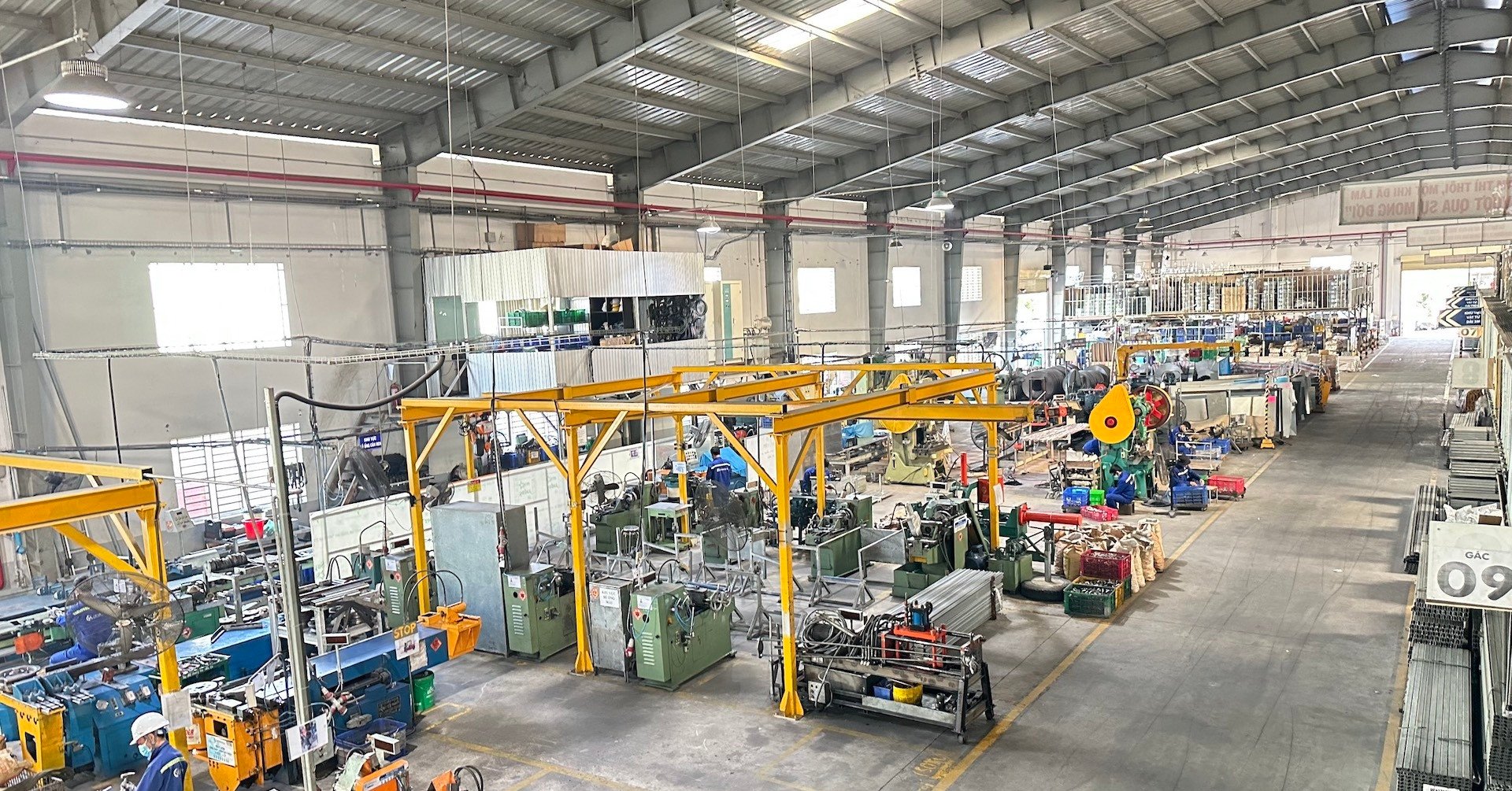China’s food delivery market is expanding at a rapid pace even after the Covid-19 pandemic has ended. Research firm iiMedia estimates that the Chinese food delivery market will be worth 1.5 trillion yuan ($208 billion) by 2023, 2.3 times the size of 2020. But the industry is built on the sweatshops of delivery workers who earn low wages, have few benefits and offer no other support.

During lunchtime on weekdays, it is easy to see the green uniform of Ele.me delivery staff and the yellow uniform of Meituan in the office parks of Guangzhou. Food delivery services in China have exploded during and after the Covid-19 pandemic. Thanks to the low cost of only 5 yuan to receive food within 30 minutes, the service has taken root and is growing.
Guolian Securities predicts the market could exceed 2.2 trillion yuan by 2030. At the same time, the delivery force continues to grow. Meituan said it will hire 6.2 million delivery people in 2022, up from 2.7 million in 2018. Ele.me will have a delivery army of more than 4 million between May 2022 and September 2023.
While food delivery has become a part of everyday life, delivery people face difficult working conditions.
Lu, a 19-year-old Meituan delivery driver in Guangzhou, earns 7 yuan for each successful delivery. Despite handling about 30 orders a day, Lu takes home just over 4,000 yuan a month after deducting dormitory rent and other expenses, similar to or slightly less than what she would earn working at a nearby factory.
After graduating from high school, Lu delivered goods for about six months. He planned to quit his job and go back to his hometown in Guangdong for a month.
“I am only allowed two days off a month and cannot go home,” Lu said. “This job is very hard.”
In a 2021 survey of more than 300 delivery workers in cities across China by a Beijing-based nonprofit, about 40% said they did not have a single day off in a month. Long hours and low pay were among the problems they faced.
The social safety net is said to be inadequate, with many delivery drivers lacking contracts, health insurance, or unemployment insurance. While Meituan and Ele.me advertise attractive benefits, they appear to be insufficient. At the National People’s Congress in March 2023, some delegates proposed improving working conditions for delivery workers.
Platforms like Meituan, for example, have been called on to change the algorithms they use to pressure couriers into making quick deliveries. Since then, the Chinese government has stepped up oversight by instructing companies to protect the rights of delivery workers.
(According to Nikkei)
Source










































Comment (0)